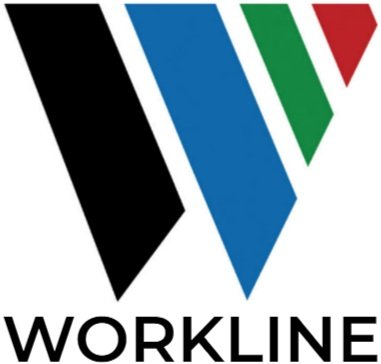Introduction
In today's competitive business landscape, companies are realizing the importance of creating an engaging company culture. Beyond competitive salaries and attractive benefits, employees seek a work environment that fosters collaboration, innovation, and personal growth. A strong company culture not only attracts top talent but also boosts employee morale, productivity, and overall satisfaction. In this blog, we will explore the essential elements that contribute to creating an engaging company culture, allowing organizations to thrive in the ever-evolving business world.
1. Define and Communicate Core Values:
A solid company culture starts with clearly defined core values. These values serve as the foundation of the organization's identity and guide decision-making at all levels. Take the time to identify and articulate the core principles that drive your company. Once defined, communicate these values consistently through various channels, such as employee onboarding programs, internal communications, and team meetings. By aligning employees around shared values, you create a sense of purpose and unity.
2. Foster Open Communication:
Encouraging open and transparent communication is crucial for fostering an engaging company culture. Employees should feel comfortable sharing their thoughts, ideas, and concerns without fear of judgment or repercussions. Establish channels that facilitate communication, such as regular team meetings, feedback sessions, and anonymous suggestion boxes. Encourage managers and leaders to actively listen to their teams and take appropriate action based on their input. Open communication builds trust, strengthens relationships, and empowers employees to contribute their best ideas.
3. Promote Collaboration and Teamwork:
Collaboration is the backbone of a thriving company culture. Encourage cross-functional collaboration by breaking down silos and creating opportunities for teams to work together on projects and initiatives. Foster a spirit of teamwork by promoting a sense of collective ownership and celebrating team achievements. Establish collaborative spaces, both physical and virtual, where employees can brainstorm, share ideas, and support each other. By fostering a collaborative environment, you encourage innovation, creativity, and a sense of belonging.
4. Recognize and Reward Success:
Recognizing and rewarding employees for their achievements is a powerful way to create an engaging company culture. Celebrate milestones, exceptional performance, and contributions to the company's success. Implement a recognition program that acknowledges both individual and team accomplishments. These rewards can range from public recognition during team meetings to tangible rewards like bonuses, promotions, or additional time off. Regularly showing appreciation not only boosts employee morale but also reinforces positive behavior and motivates others to excel.
5. Emphasize Employee Development:
Investing in employee development is a key aspect of building an engaging company culture. Provide opportunities for professional growth and skill enhancement through training programs, workshops, conferences, and mentorship initiatives. Encourage employees to set personal goals and support them in achieving those goals. Offering learning and development opportunities not only enhances employee skills but also demonstrates your commitment to their long-term success and well-being.
6. Foster Work-Life Balance:
A healthy work-life balance is essential for employee well-being and overall satisfaction. Encourage flexible work arrangements, such as remote work options, flexible hours, and time off policies. Promote a culture where employees can recharge and prioritize their personal lives without sacrificing professional success. Show empathy and understanding towards work-related stress and provide resources for mental health support. By valuing work-life balance, you create a supportive environment that enhances employee happiness and reduces burnout.
Conclusion:
Creating an engaging company culture is a continuous effort that requires dedication and commitment from all levels of an organization. By defining core values, fostering open communication, promoting collaboration, recognizing success, emphasizing employee development, and fostering work-life balance, companies can cultivate an environment where employees feel motivated, valued, and engaged. An engaging company culture not only attracts and retains top talent but also propels the
organization towards long-term success and growth. Remember, a positive work environment is an investment that pays dividends in the form of increased productivity, creativity, and employee satisfaction.

